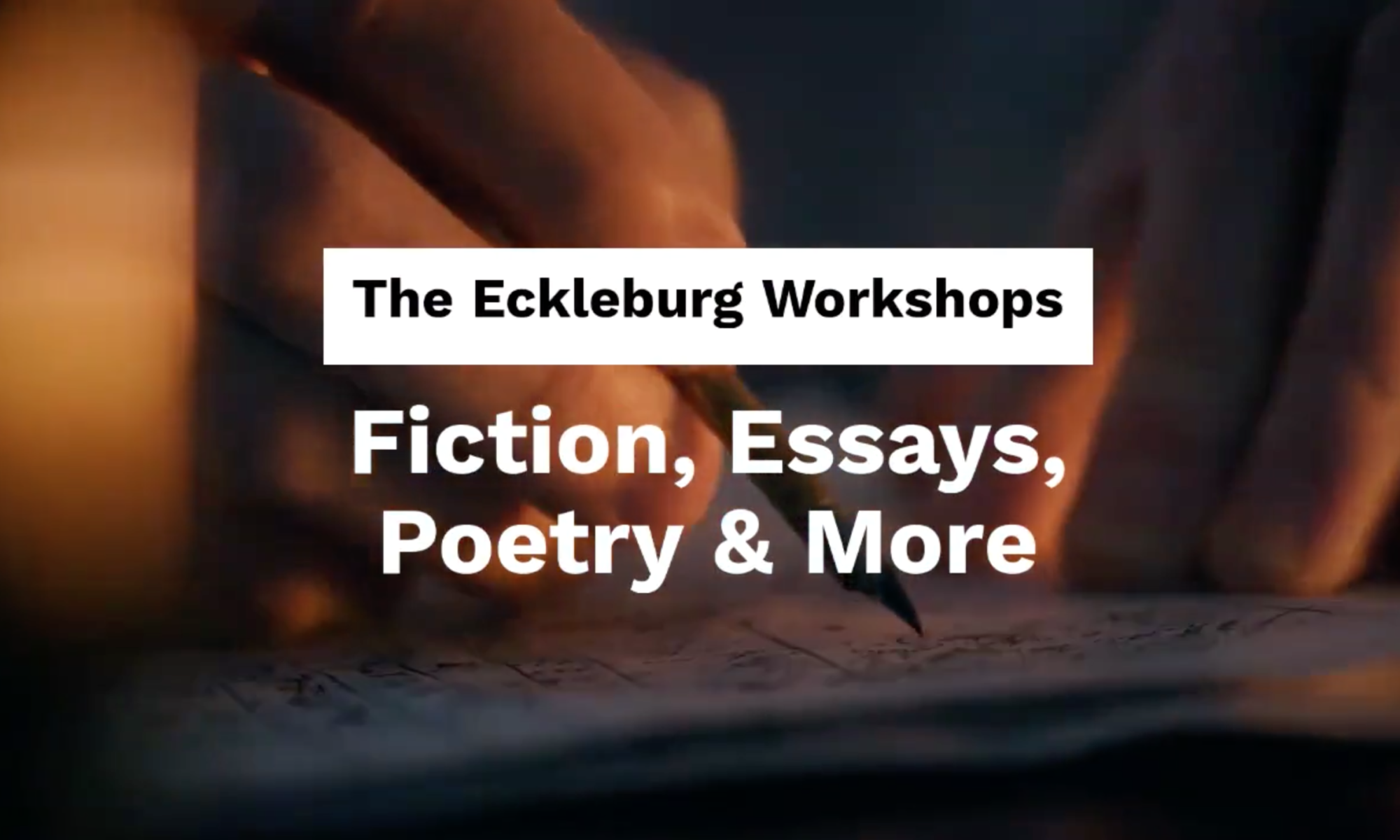Magic realism is an international tendency in the graphic and literary arts, especially painting and prose fiction. The frame or surface of the work may be conventionally realistic, but contrasting elements—such as the supernatural, myth, dream, fantasy—invade the realism and change the whole basis of the art. (A Handbook to Literature)
Magic realism is a type of fiction that involves the creation of a fictional world in which the kind of familiar, plausible action and characters one might find in more straightforwardly realist fiction coexist with utterly fantastic ones straight out of myths or dreams. This style of realism is associated especially with modern Latin American writers such as Gabriel García Márquez and Jorge Luis Borges. But the label is also sometimes applied to works by other contemporary writers from around the world, including Italo Calvino and Salman Rushdie, Angela Carter, Karen Russell, Charlotte Perkins Gilman, and more. (Norton)
Uses the techniques and devices of realism–verisimilitude, ordinary lives and settings, familiar psychology–and introduces events of impossible or fantastic nature, never leaving the tone and techniques of realism. Whereas fantasy will attempt to bedazzle its readers with the amazing quality of the magic, magic realism works int eh opposite direction, to convince the reader the the extraordinary occurs in the context and the guise of the ordinary.” (Writing Fiction)
Submit Your Work for Individualized Feedback
Please use Universal Manuscript Guidelines when submitting: .doc or .docx, double spacing, 10-12 pt font, Times New Roman, 1 inch margins, first page header with contact information, section breaks “***” or “#.”
Sources
The Age of Insight: The Quest to Understand the Unconscious in Art, Mind, and Brain, from Vienna 1900 to the Present. Eric Kandel.
A Handbook to Literature
“Cogito et Histoire de la Folie.” Jacques Derrida.
Cognitive Neuropsychology Section, Laboratory of Brain and Cognition.
Eats Shoots and Leaves: The Zero Tolerance Approach to Punctuation
The Elements of Style.
New Oxford American Dictionary
The Norton Anthology of World Literature
The Norton Introduction to Philosophy
Woe is I: The Grammarphobe’s Guide to Better English in Plain English
Writing Fiction: A Guide to Narrative Craft
Writing the Other



